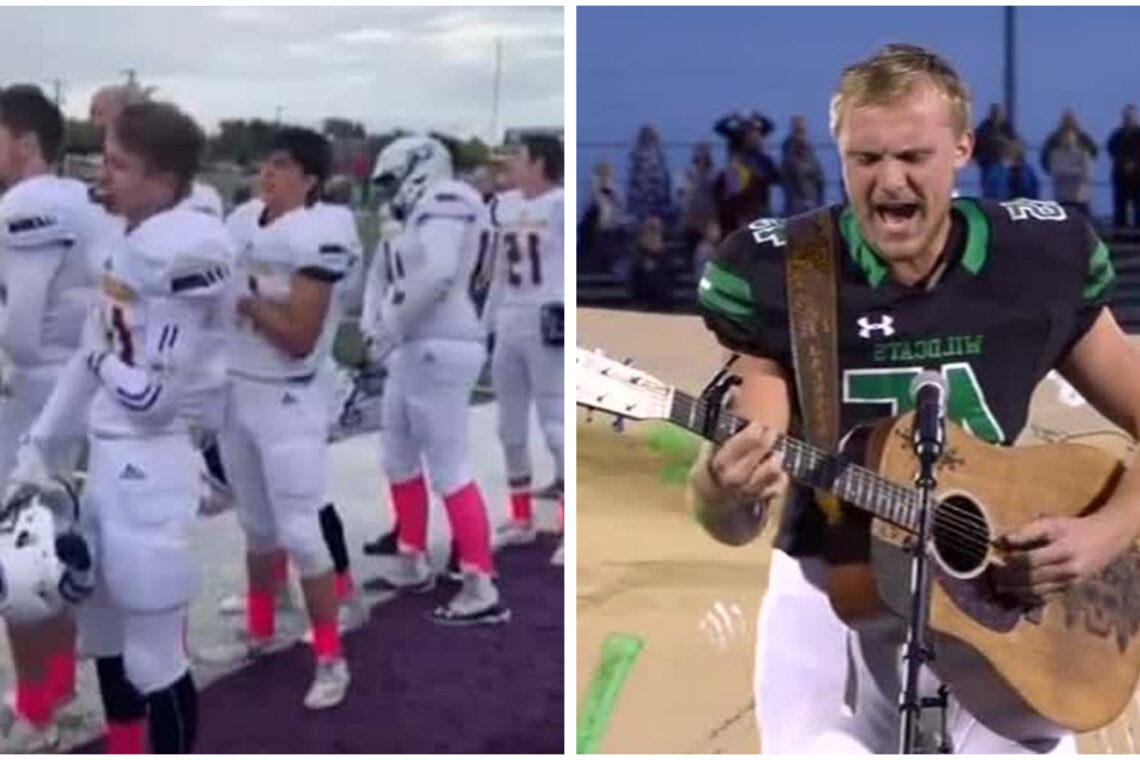
In the current climate of societal change and political unrest in the United States, it is evident that the nation is experiencing a significant transformation. The air is charged with emotion, as numerous protests and demonstrations unfold almost daily. These actions are largely fueled by deep-rooted issues surrounding racial injustice, which have become more pronounced this year, particularly in the wake of tragic events involving the deaths of individuals such as George Floyd, Breonna Taylor, and Ahmaud Arbery. These incidents have ignited a widespread call for justice and equality, pushing many to seek a voice in a system that has often marginalized them.
Across the spectrum of American life, the quest for change is palpable. People from all walks of life are joining forces, advocating for a more equitable society. One notable area where this activism is especially visible is in the world of sports. The athletic arena has long served as a platform for individuals to express their beliefs and values. This is largely due to the diverse backgrounds of athletes and the influential nature of sports in American culture.
One of the most impactful figures in this discourse is Colin Kaepernick, who, in 2016, sparked a national conversation by kneeling during the national anthem. His act was a powerful statement against systemic racism and police brutality. Although Kaepernick faced severe backlash for his actions, including losing his position in the NFL, his stand—or kneel—has since gained significant recognition and support. As discussions surrounding social justice and racial equality have intensified, many have revisited his message, acknowledging the courage it took to voice dissent against an established norm.
The current environment has reignited a debate regarding the national anthem itself, especially its place in sporting events. Some athletes have chosen to kneel in solidarity with Kaepernick, while others view this action as disrespectful. This ongoing dialogue highlights the complexity of the relationship between patriotism and protest. At its core, it raises an essential question: Should individuals have the freedom to express their views, even if it goes against conventional displays of respect for the nation’s symbols?
This tension is not merely theoretical; it plays out in local communities as well. Take, for example, a high school football team in Granbury, Texas, which recently found itself at the center of a spirited display of national pride. When the Granbury Pirates’ band was unable to perform the national anthem before a game, the team took matters into their own hands. United in a show of camaraderie, the players stood together and sang the anthem a cappella, demonstrating their love for their country in a manner that was both heartfelt and impromptu.
Such moments serve as a reminder that the national anthem can hold different meanings for different people. For some, it represents a cherished ideal, a symbol of freedom and unity. For others, it may evoke feelings of anger or disappointment, particularly when they see those ideals being undermined. The Granbury Pirates’ rendition, characterized by sincerity and pride, stands out as a unique example of how communities can come together to express their values, even amidst controversy.
As the nation continues to grapple with its past and present, these individual choices—whether to kneel, sing, or remain silent—become more than mere actions. They reflect a broader struggle for identity, belonging, and recognition in a society that is often divided. It is crucial that we acknowledge the importance of these personal expressions, regardless of where one stands in the ongoing discussions surrounding national pride and protest.
The interplay of sports and social issues is becoming increasingly prominent, revealing that athletes are not just entertainers; they are also influential voices in the fight for social change. This intersection of sports and activism can be seen in various ways, from professional leagues taking stances on social justice initiatives to high school teams creating their own expressions of solidarity and pride.
The significance of these actions extends beyond the field. They resonate with fans and communities, sparking conversations about the meaning of patriotism and the right to protest. It highlights a fundamental aspect of democracy: the ability to voice dissent and advocate for change. As various groups push for reform and justice, it becomes clear that every voice matters in shaping the future of the nation.
Moreover, these moments often foster a sense of connection among individuals who may not have otherwise engaged with each other. Whether it’s a high school team coming together in song or professional athletes speaking out against injustice, these collective experiences can bridge divides and promote understanding. They serve as a powerful reminder of the potential for unity in diversity, even in challenging times.
As the U.S. continues to navigate its complex landscape of race, justice, and identity, it is crucial to recognize the courage it takes for individuals to speak out and stand up for their beliefs. While the discussions surrounding these issues may be fraught with tension, they are also filled with hope and potential for growth. The Granbury Pirates’ anthem, sung with passion and pride, encapsulates this spirit perfectly—a reminder that even in the face of adversity, there is strength in coming together to express shared values and aspirations.
In conclusion, the ongoing political upheaval in the United States serves as a backdrop for an evolving narrative around race, identity, and expression. The actions taken by individuals and communities—be it through protests, artistic expression, or moments of solidarity—reflect a profound desire for change and understanding. As the nation continues to confront its challenges, it is essential to celebrate these expressions and engage in meaningful dialogue about the values that unite and divide us.